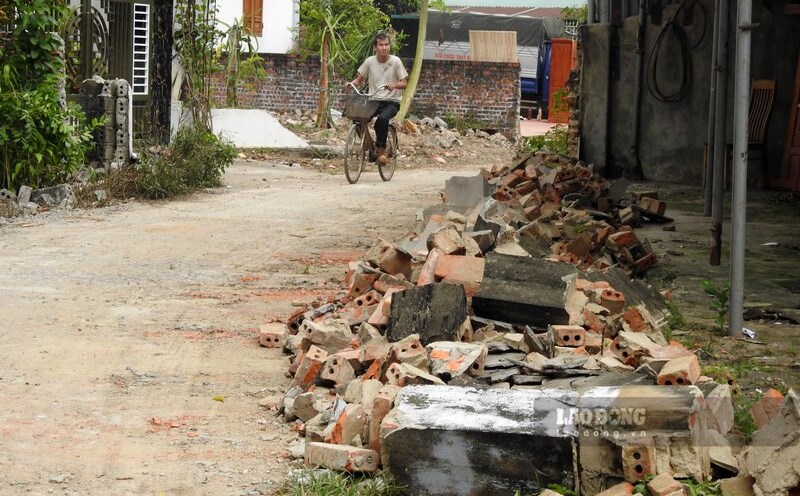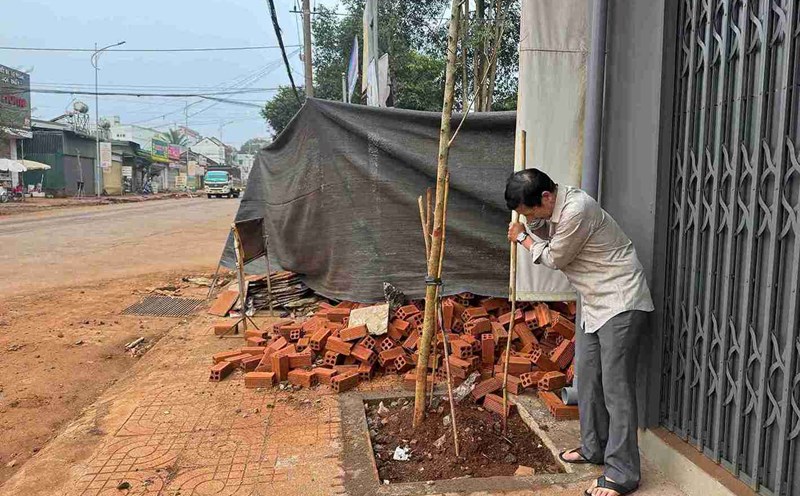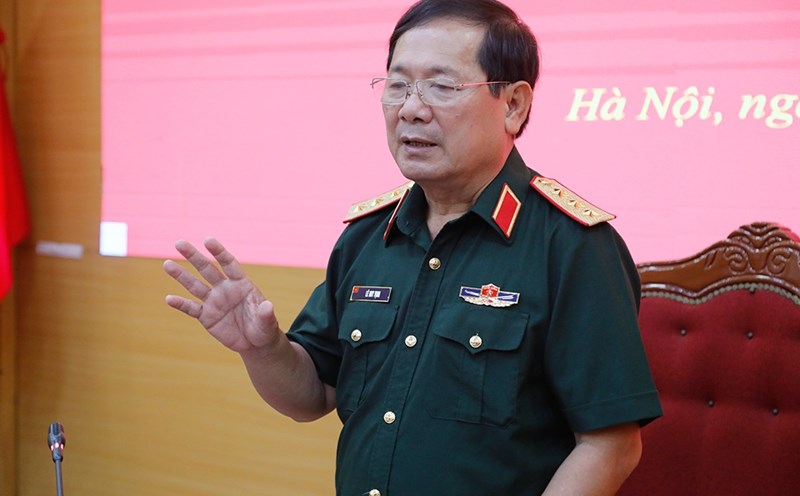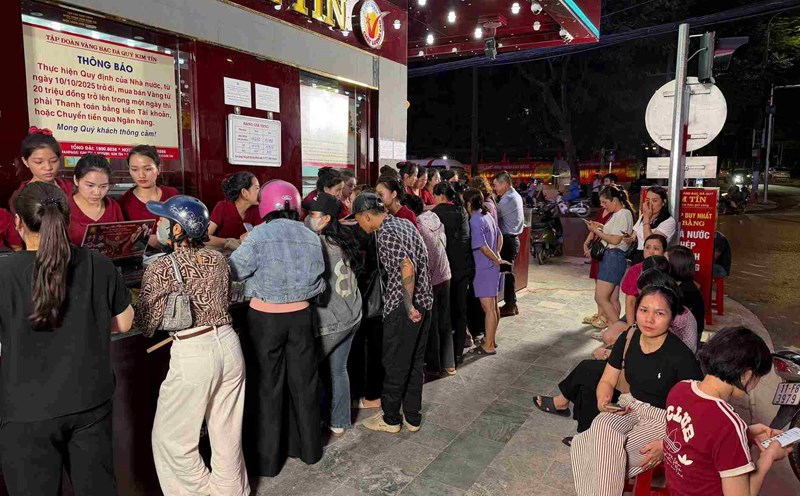naturization to circumvent the law
In 2022, the Vietnam Volleyball Federation officially allowed foreign players (foreign soldiers) to return to compete in the National Championship. Fans and experts recognize that foreign players contribute to raising the level of expertise and bringing attraction to the tournament.
Previously, Vietnamese volleyball witnessed many naturalized foreign players competing as domestic athletes. naturalization is considered a way for football teams to circumvent the law when participating in the National Championship. Because according to the Charter issued by the Vietnam Volleyball Federation before, each team is only allowed to register 1 foreign player to participate in the National Championship (currently, each team is allowed to register a maximum of 2 foreign players but only allow 1 player to play at any time). Therefore, if naturalized foreign players are domestic players, teams have the opportunity to hire other foreign players to register to compete without violating.
Experts have witnessed Thai player Supachai Sriphum being naturalized by the Ninh Binh men's volleyball team under the name Dinh Hoang Chai. Thai player Kitsada Somkane was also naturalized in Ninh Binh under the name Dinh Van Da. In addition to them, the Russian strikeriker Irina Merliakova played for the naturalized Vietsov Petro women's team under the name Le Kim Nhung. This player's teammate, Katya Martynova, has played for the Vietinbank and Hoa Phat Hung Yen women's teams (formerly) after naturalizing under the name Vu Mai Ka.
However, at present, Vietnamese volleyball has not seen any more naturalized foreign players. At this time, the foreign player who has played for the most years in Vietnam is Tichaya Boonlert (Thailand) after signing a 5-year contract with the Duc Giang Chemicals team. The hitter started competing in 2022.
Each person has their own look
In fact, the players who were naturalized to have the above Vietnamese name are those who have lived and played in Vietnam for at least 5 years. They spent a lot of time in Vietnam to understand the culture and lifestyle in Vietnam before accepting to become Vietnamese citizens.
Dinh Hoang Chai (Supachai Sriphum) is certainly the person who left the most impression because the hitter speaks Vietnamese, likes life in Vietnam and affirms his professional value with the Ninh Binh men's team (during the competition). This middle blocker has been a national player for many years and is highly appreciated by Thai fans.
Although he is no longer in Vietnam, Dinh Hoang Chai still maintains a good relationship with the players and many coaches of the Vietnam team. This former player is considered to have a good personality and be approachable. Meanwhile, Le Kim Nhung (Irina Merliakova) was married to her partner, a Russian expert who has worked for a long time in Vietnam. This player was once trained by the Vietnam Women's Volleyball Team to prepare for the 26th SEA Games in 2011 but did not have the opportunity to be selected in the official squad.
There have been many professional opinions that naturalized players will bring good things, but there are also unstable opportunities. Above all, the players still want the opportunity to play. Therefore, domestic athletes themselves must compete professionally directly with naturalized players in their teams.
Above all, naturalized players must understand the culture to truly integrate with their teammates and have a determination to compete for the color of the flag instead of determining that time in Vietnam is a step at the foot of the times, in order to circumvent the rules before regulations.
Since 2022, the Vietnam Volleyball Federation has allowed each team to register a maximum of 2 foreign players. The management has yet to issue specific constraints in the tournament organization regulations so that foreign players do not affect the competition rights of domestic athletes.
The issue of naturalization is also subject to important constraints such as foreign players having to play in Vietnam for a sufficient period of time (minimum 5 years) and other conditions.










